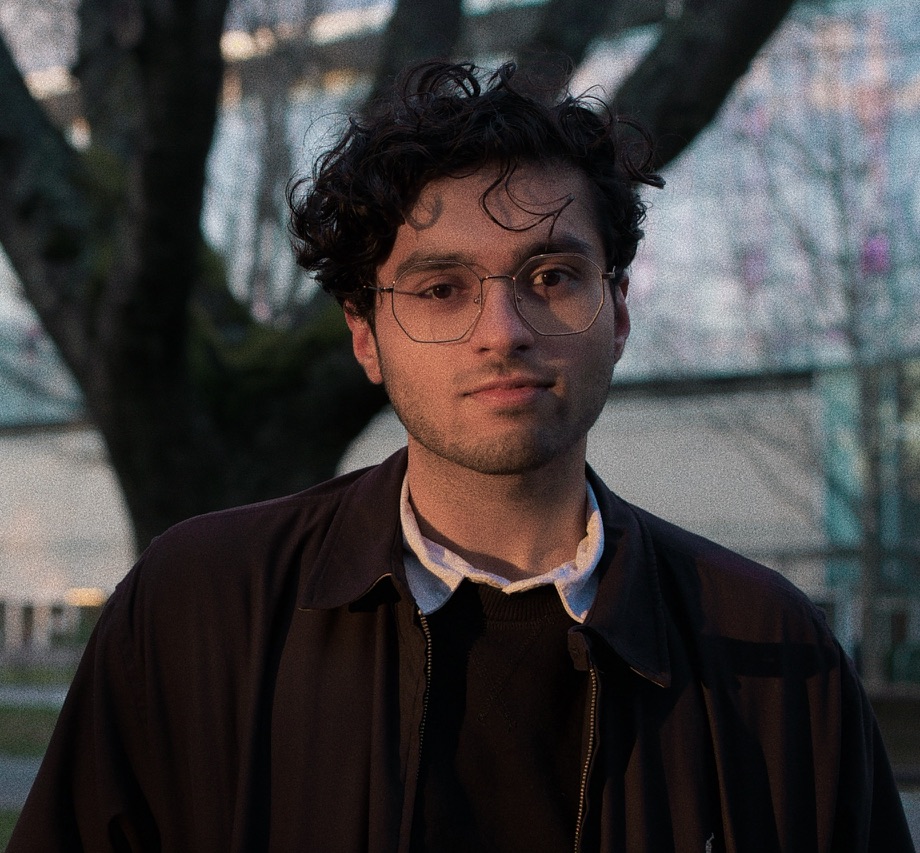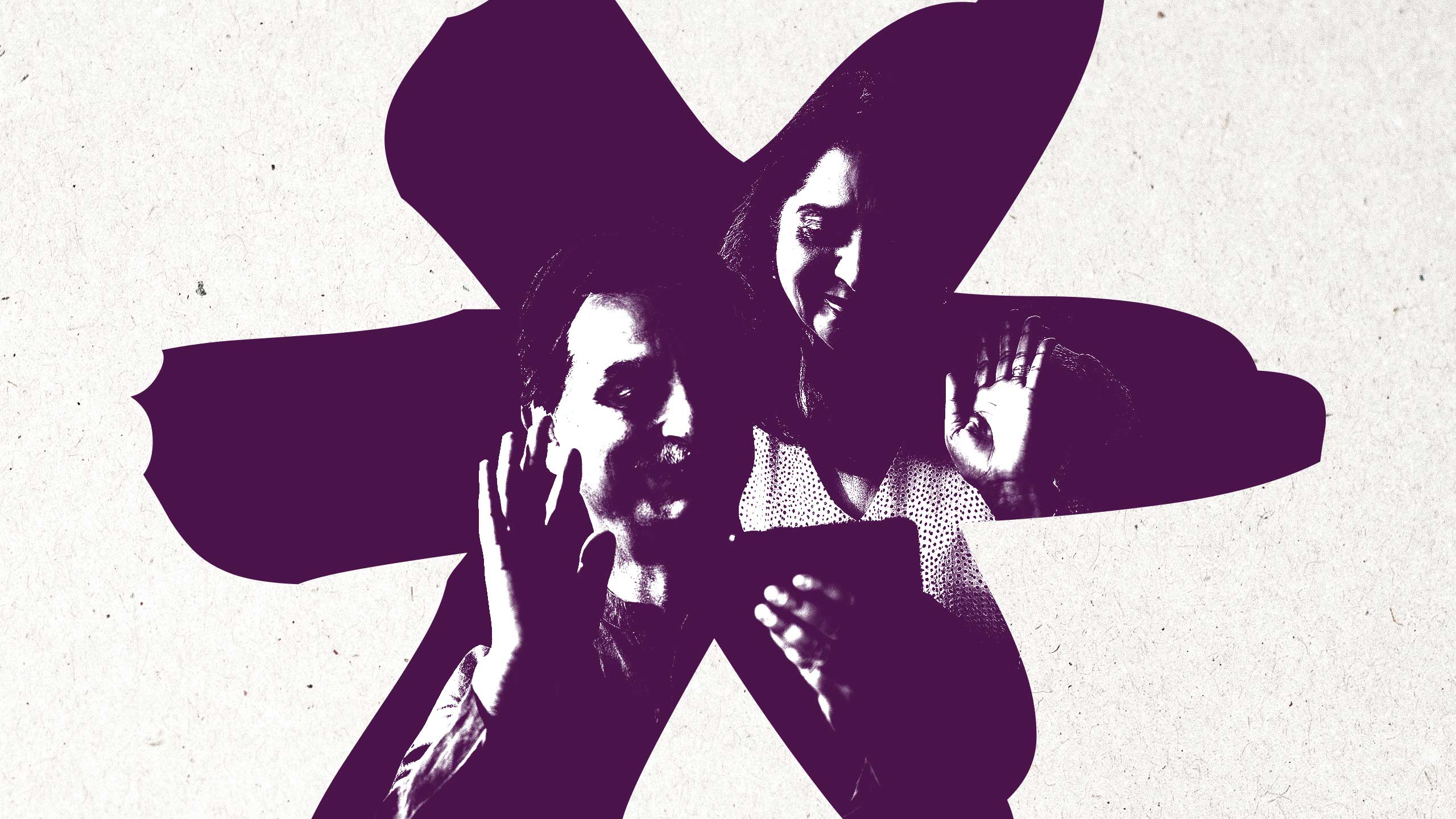Hello! I’m Karan Saxena, the audience engagement intern at Xtra this summer. As I approach the end of my internship, I’m excited to reach our readers directly this week! I’m in the Master of Journalism program at the University of British Columbia, and I’ve been listening to “Stoned at the Nail Salon” by Lorde on repeat this month. After four years of queer yearning, I’m so excited for her new album, Solar Power, also out this week. Coincidence? I think not.

Anyway, “Topline” is just a teaser of our brilliant, incredible, amazing, show-stopping, spectacular, never-the-same, totally unique newsletter, Xtra Weekly, which includes all the news and culture tidbits you need to know as you head into the weekend! Can you tell I’ve been contributing to it for the past month? Be sure to subscribe.
What’s the buzz 🐝?
It’s no doubt that being at Xtra for the past seven weeks has made me feel more connected to LGBTQ2S+ culture and news across the globe, and I’ve just been feeling a smidge more hopeful reading about so many people coming out as queer and trans. The one coming-out story on my mind (that isn’t even remotely similar to mine) is that of Joshua Bassett: the High School Musical: The Musical: The Series actor—and Olivia Rodrigo’s ex—casually came out as queer by revealing his feelings for Harry Styles. That was… golden.
I remember reading a tweet that said, “Being bisexual means being attracted to women and Harry Styles.” This may have contributed to my decision to fully live my truth. And although Bassett dealt with homophobia after coming out, I still wish my coming out could’ve been that nonchalant—and had included Harry Styles. But I had to hide my sexuality from my family, mostly because I never knew how my noncommunicative Indian parents would react.
What were we thinking 👁👄👁?
My parents were never really the conservative, religious Hindus who went to the temple every day. In fact, they always let me make my own decisions, which proved to be a double-edged sword for me—I could do whatever I wanted, but never knew what my parents thought about it. And since I’m not a rebellious teenager anymore, I’m able to admit that a little approval from them would have been nice.
A month ago, after getting my second COVID-19 vaccine and becoming pretty incapacitated with all the side effects, I decided to gossip with my mom over FaceTime. She told me about a cousin who got engaged to their non-Hindu partner, causing some tensions in their home. Maybe it was Miss Dolly coursing through my veins—or maybe I was just that delirious—but I decided to use this as an opportunity.
“What would be a non-negotiable for you?” I asked. My mom shrugged and said that she was pretty open-minded, and that she wouldn’t have a problem as long as she was nice.
When I asked her if she would accept a man as my partner, she paused for a bit, and then said that she wouldn’t be able to digest it. My heart dropped. I kept pushing for her to explain why, but she didn’t seem to know the answer herself. Part of me was flabbergasted that she never thought of this as a possibility, despite the fact I had never made any attempts to act straight in my entire life. As I hung up the phone to call my dad, she smiled at me and said, “You better not!”
“Better not what? Bring home a man? Well, I might,” I said, extremely annoyed.
She smiled and responded with a “bye.” I told her that I didn’t need her conditional love, and hung up the phone. I was hurt—not because of how she reacted, but because I had deluded myself into thinking that one of my biggest supporters would accept my sexuality.
I called my dad, expecting the absolute worst. If my mom hadn’t fully accepted this, why would this 60-year-old Indian man? I brought up the gossip my mom had shared during our call and asked my dad, “What would you do if I brought home someone and they were not Hindu?” My dad laughed, and asked, “Is it a he or a she?”
After confirming that religion was a useless topic to discuss, I asked, “What if it was a he?” My dad laughed again. I explained to him that I was bi, and that I was nervous that he would see me differently.
“I always had a feeling, but I never really asked you or your mom about it. No—why would it make me see you differently?” he asked.
I have always been thankful for my dad, but I could not have loved him more than in that moment; he said exactly what I needed to hear. He told me he would try to talk to my mom. And then, in typical Indian fashion, he asked whether or not I had “made a decision”—referring to finding a partner, be it my own gender or another gender—which was just funny. Even in accepting my queerness, he reminded me of the fact that I was still single.
For a week, I FaceTimed only my dad, giving my mom the silent treatment. When she called me, I asked her if she had something to say to me, but she tried to brush it under the rug. When I confronted her, she smiled and said, “I love you.”
I didn’t know how to respond. Indian parents don’t have words like “I’m sorry” or “I’m proud of you” or “I love you” in their vocabularies! The only time they ever said the L-word to me was when I left home and moved to Canada six years ago.
I know that my mom means well, and I know that she’s trying. I mean, we have matching Telfar bags, so she has no choice but to stan the queers. It might take a minute, but I know she’ll get there. And I guess that’s part of being South Asian: you may navigate relationships without any communication, but you make it in the end.
Or maybe I just need to explain the concept of Harry Styles to her. That ought to do it, right?
In other Xtra news 🌎
👉Confused about what’s happening with the federal election? Senior politics editor Erica Lenti gives you a sneak peek into our extensive coverage of the forthcoming Canadian election.
👉In the final installment of our “Protest & Pleasure” series, Xtra contributor Chanelle Gallant explains why sex workers have developed the most transformational sexual liberation politics of any social justice movement and how they are truly the unsung heroes when it comes to sex, freedom and justice.
👉U-Hauls, iced coffee, drag performers—Xtra’s Mel Woods describes the 12 LGBTQ2S+ emojis we need now!
👉Deal us in! In this week’s episode of The L Word: Generation Q, the gang convenes for a sexy poker game—and we have a LOT of thoughts and feelings in this week’s Off The Chart podcast.
👉Want more headlines? Subscribe to Xtra Weekly.
Gifbox
Anyway, stream Solar Power… because you can.



 Why you can trust Xtra
Why you can trust Xtra


